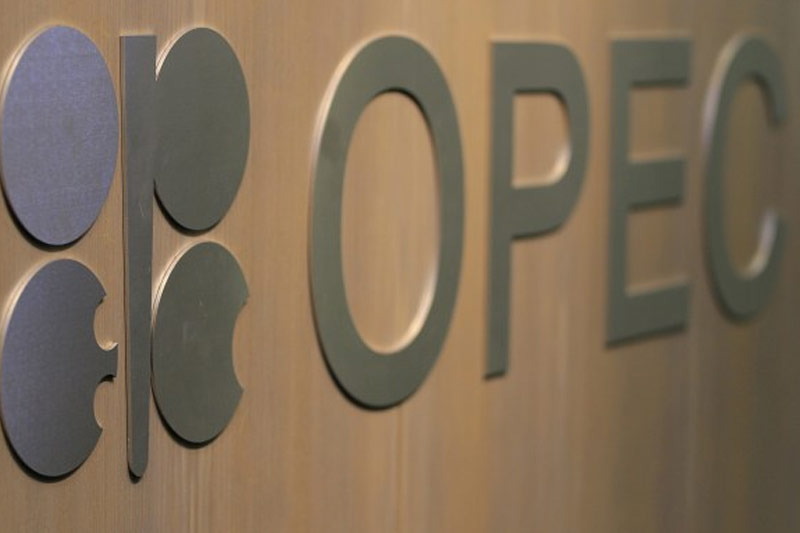* OPEC, non-OPEC talks in Vienna collapsed on Friday
* Oil lost as much as a third of its value this week
* At low point, OPEC states were losing $500 mln a day
By Ahmad Ghaddar
LONDON, March 10 (Reuters) - While OPEC's de facto leader
Saudi Arabia trades blows in a war for market share with Russia
after their three-year pact to cut oil supplies collapsed last
week, other OPEC states are already sounding the alarm over
plunging oil prices.
Crude lost as much as a third of its value this week after
Friday's meeting between OPEC and its allies, including Russia,
ended in acrimony and led to scrapping all restrictions on
output in a market already awash with oil. Riyadh, the biggest OPEC producer, said it would hike its
supplies to the market to a record high of 12.3 million barrels
per day, about 2.6 million bpd above its current level. Russia
said it would also pump more, even as the coronavirus hits
demand. Responding to the price plunge, OPEC's second biggest
producer Iraq said flooding the market would not help producers.
Iraqi Oil Minister Thamir Ghadhban said his ministry "is in
contact with members inside and outside OPEC to discuss ways to
prevent deterioration in oil prices." With most OPEC countries heavily reliant on oil income, the
price rout puts a huge strain on state finances. At Monday's low
of nearly $31 a barrel, OPEC members were estimated to be losing
about $500 million a day in revenues. Algeria, which holds this year's OPEC presidency, said on
Monday that, following consultations with other producers, a
"rapid decision to balance the market" was needed. Crude prices recovered some ground on Tuesday, partly
because Russia did not rule out more talks with OPEC. But, at
about $37 a barrel LCOc1 , oil is still down 25% on its level
before Friday's talks and is down more than 40% since January.
Nigeria's Minister of State for Petroleum Timipre Sylva told
reporters that OPEC and non-OPEC countries might need to
reconsider production cuts, adding that the sharp drop in oil
prices could force a change in tactics. Nigerian Finance Minister Zainab Ahmed said state spending
would have to be curbed. "There will be reduced revenue on the
budget and it will mean cutting the size of the budget," she
said. Ratings agency Fitch said on Tuesday that sustained low oil
prices would likely pull down sovereign ratings of crude
exporting countries that have weaker finances. OPEC states in focus included Saudi Arabia, Iraq, Nigeria
and Angola, as well as non-OPEC Oman, Fitch Middle East and
Africa sovereign analyst Jan Friederich told Reuters.
